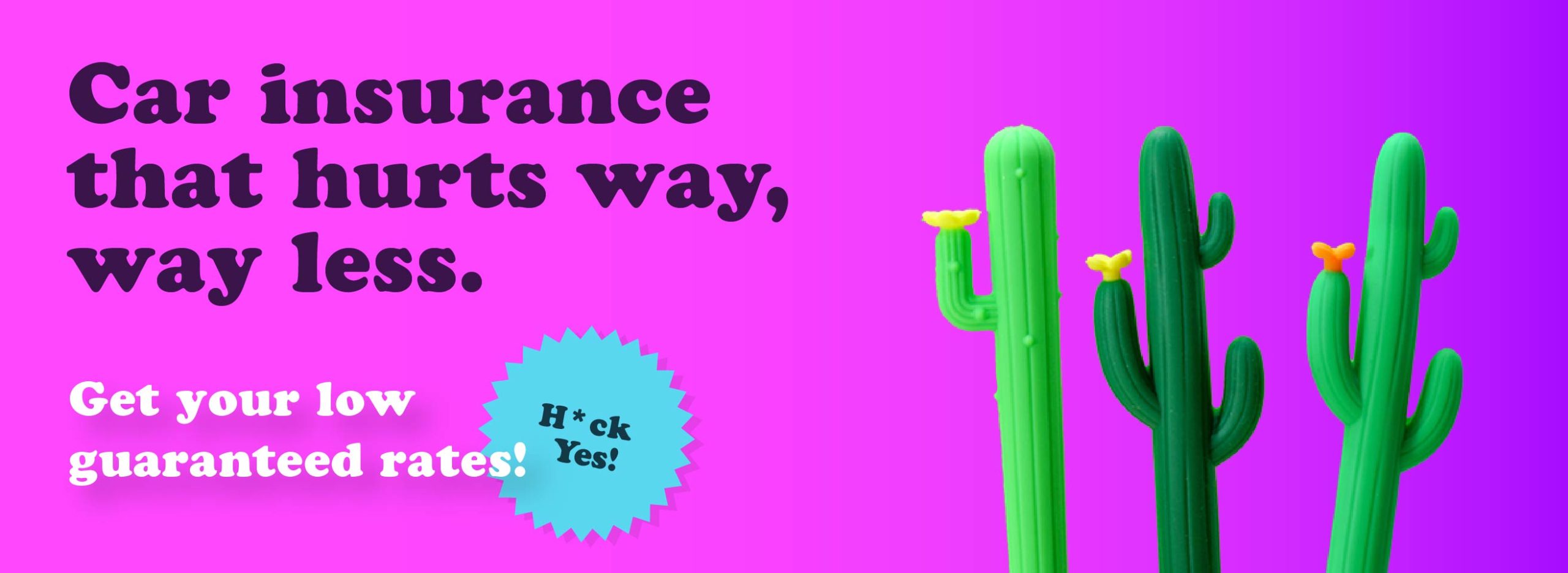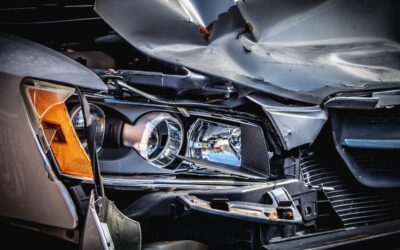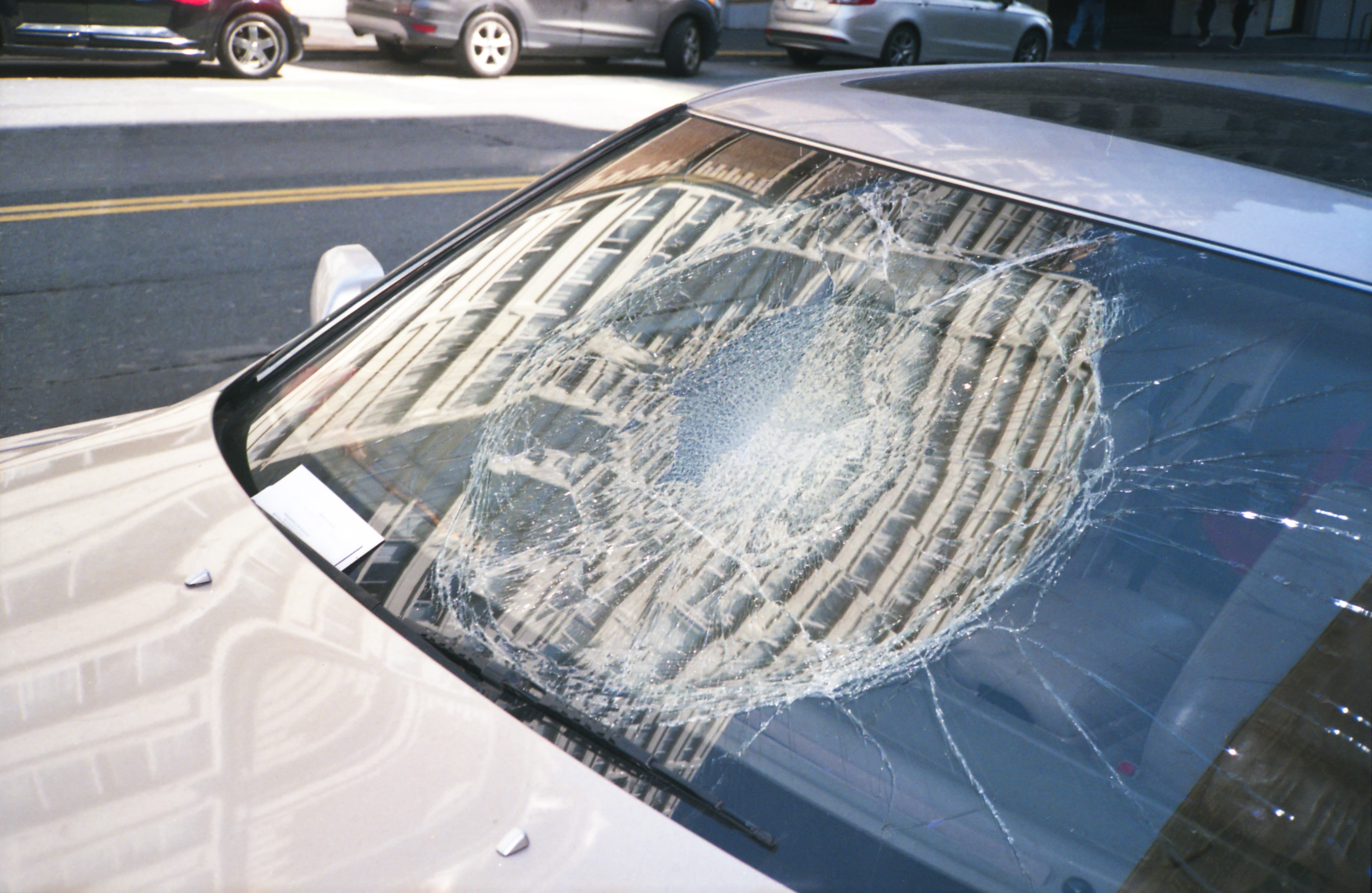What happens if you don’t pay car insurance?
The bottom line of what happens if you don’t pay car insurance: your insurance company will cancel your auto policy. Late payments within a policy period can also result in your insurance being cancelled. This can cause your former insurer to send your owed payments to a collection agency and affect the future insurance options available to you.
Before cancellation, however, your insurance company is obligated to warn you of the missed payment and inform you about the action they plan to take. We recommend that you proactively contact your insurer or broker before you miss a payment to let them know you are facing financial difficulties. Many insurers will work with their customers to provide different payment plan options.
Frequently asked questions
Is there a grace period before losing coverage for not paying an insurance bill?
Not in Ontario. Although insurance companies offer a grace period when you first start an insurance policy, there is no grace period once your car insurance expires. So, if you do get into an accidence after your car insurance expires, you won’t be eligible to receive compensation from your insurance company.
Thankfully, insurance companies send out renewal notices indicating when your policy expires. Follow them to the letter, and you won’t need a grace period!
What does a lapsed policy mean?
A “lapse policy” is when you own a car but don’t have car insurance coverage. A lapse in coverage can happen either because you didn’t pay your car insurance premiums or because the insurance company no longer wants to insure you.
Remember – in Ontario, every driver must have valid car insurance. If you’re caught driving without insurance, you could face fines, licence suspension, and vehicle impoundment. The first time you are caught driving without insurance, you’ll face a fine of $5,000-$25,000.
Although you won’t receive demerit points on your driving record for driving with a lapsed insurance policy, the fines and license suspension from the offence are significant punishments. For further discouragement of driving without insurance, Ontario police officers may also impound the vehicle for three months, leaving you to pay all associated costs for the impoundment and storage.
How long does “cancelled” insurance stay on record?
Car insurance can be cancelled for reasons ranging from policy violations to non-payment of a car insurance premium to simply exceeding the risk profile of your insurer. Cancellations for non-payment stay on your record for 3 years. Having more than one cancellation for non-payment within a 3-year period will usually place you in the high-risk category and limit your payment options.
A brief caveat about this: It’s important to distinguish between “non-renewal” and “cancellation,” as they have different degrees of severity (and impact on your ability to get insured). A non-renewal letter from your auto insurance company means you no longer qualify to be insured by that insurance company. Every insurance company has a set of different rules for declining and accepting risk. However, most car Insurance companies have similar criteria to qualify or disqualify a driver from the standard car insurance market.
A “cancellation,” by contrast, is more serious and occurs when there is a strong reason to break the insurance contract. An example would be a policy violation such as a DUI or not being honest on the application of auto insurance submitted.
What happens if I can’t pay my car insurance due to COVID?
In most cases, your insurer will cancel your insurance when you don’t make a payment. However, given the current circumstances, many insurers are providing their clients with 1-month payment deferrals. However, it is imperative that you call before choosing not to pay, as it is not clear how the deferred payment will affect your future rates. You can also call and ask for a rate reduction if you’re not driving to work anymore.
Remember – instead of simply not paying your bills, be proactive and reach out to your insurer. Companies are increasingly willing to work with customers facing financial hardship due to the Covid-19 global pandemic.
What happens when you pay off your car insurance policy?
Some people pay their insurance in full at the onset of their policy, while others choose monthly payment plans. Once your policy comes up for renewal, you’ll have the option to renew your coverage (assuming you haven’t been categorized as a high-risk driver for any reason). Car insurance renewal is a chance for you to reassess your needs and even save money.
Most drivers simply let the plan renew and do not reassess it. In fact, a recent survey conducted for the Financial Services Commission of Ontario found that 52% of drivers paid their insurance or took no action to explore other options.
Standard renewal times – Your policy comes up for renewal one year from the date it became effective. At the end of the term, nearing the expiry date, you will receive your new policy information for the upcoming term.
There are several things that can happen when you get your notice in the mail. Your rates may increase, decrease, or stay the same – or, if you’ve been categorized as a high-risk driver, your insurance may not be renewed by your provider. If this happens, you do have the option to switch to another provider.
If your car insurance went up after your policy was renewed, you might be wondering why. Here are a few reasons why car insurance typically goes up:
- Traffic tickets: The traffic violation with the single biggest impact on car insurance rates is leaving the scene of an accident — a “hit and run.” Drivers charged with this crime can expect to pay (on average) 82% (or $1,200+) more per year for car insurance.
- At-fault accidents: If you’re not at fault, your car insurance rates may remain unchanged. If you are at fault, your premium might not rise significantly if you haven’t filed an insurance claim in the past 6 years. If you have driving record protection (accident forgiveness), your rates could also remain unchanged.
- Adding drivers and cars: Adding someone to your insurance usually increases your rates because more driving translates to more risk (statistically), but it varies depending on the driver being added to your insurance.
- Living in a high-claim area: Living in an area with high crime or collision rates can increase your premiums. The more likely you are to become a victim of an auto crime like theft or vandalism or involved in an accident: the more risk you present to your auto insurance provider.
What happens if a car insurance payment doesn’t go through?
Sometimes, you could make an insurance payment directly from your bank account or with your credit card, and your insurer doesn’t receive it. Thankfully when this happens with your insurer, they will provide very quick warnings about a missed payment. Act quickly by calling your bank and confirming that the transaction was completed on their end.
Failing to act can result in your insurance being suspended or even cancelled (although this is the most extreme possibility). Many insurers will not insure clients with missed payments in today’s market. Missed payments can stay on your record for up to ten years.
Final Thoughts
To reiterate, your insurance company will cancel your auto policy if you choose not to pay your car insurance. Late payments within a policy period can also result in your insurance being suspended or cancelled. This will, in turn, affect the payment options available to you. Driving your car can become more expensive if you have to pay for higher-risk insurance due to not paying your premium multiple times in the past three years.






